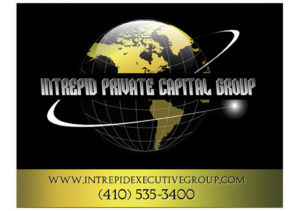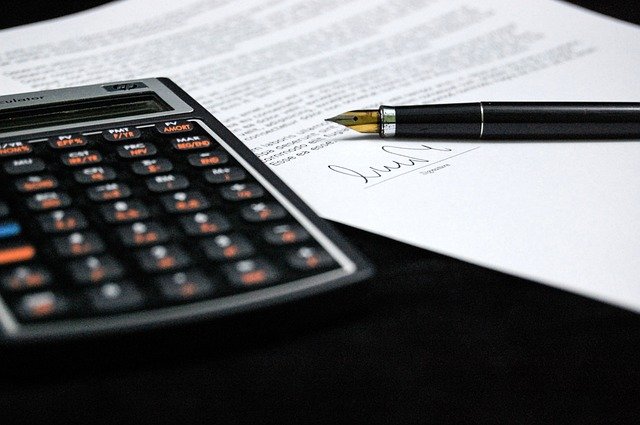Are you planning to conduct a valuation of your business? By calculating the value of your business, you can secure equity financing without forfeiting an excessive amount of ownership Maybe you want to raise capital by taking your business public via an initial public offering (IPO), or perhaps you want to raise capital by selling shares to a private investor. When conducting a valuation of your business, though, you should avoid making the five following mistakes.
5 Common Business Valuation Mistakes to Avoid
#1) Overlooking Risks
 Don’t make the mistake of overlooking risks when conducting a valuation. A Risk assessment is an important part of a valuation. All businesses have risks that can potentially hinder their growth and path to profitability. When valuing your business, you should identify these risks so that you can calculate your business’s true value.
Don’t make the mistake of overlooking risks when conducting a valuation. A Risk assessment is an important part of a valuation. All businesses have risks that can potentially hinder their growth and path to profitability. When valuing your business, you should identify these risks so that you can calculate your business’s true value.
#2) Relying on a Single Method
There are different methods for conducting a business valuation. Asset-based valuation methods, for instance, focus on your business’s assets, whereas earnings-based valuation methods focus on your business’s historical and projected earnings. Rather than relying on a single method, you should consider using multiple methods. It may take a little longer, but using multiple methods will result in a more accurate valuation
#3) Not Accounting for Payroll
You should account for your business’s payroll when conducting a valuation. Whether you operate a small-, medium- or large-sized business, you’ll probably have employees whom you must pay. Payroll, of course, can affect your business’s valuation. If you sell your business, the new owner will have to continue paying your business’s employees.
#4) Ignoring Accounts Receivable
Another common mistake to avoid when conducting a valuation of your business is ignoring accounts receivable. Not to be confused with accounts payable, accounts receivable consists of payment claims. In other words, it’s money owed to your business. Outstanding invoices are considered a type of accounts receivable. If you send a customer an invoice, he or she will owe your business money — at least until the invoice has been paid. Invoices and other types of accounts receivable are considered assets that, like all assets, can affect your business’s valuation.
#5) Doing It Yourself
 What’s wrong with conducting a valuation yourself? Unless you’re familiar with the proper methods, you may end up calculating the wrong valuation. And if your business is valued too low, you won’t get a fair deal when selling it. If it’s valued too high, on the other hand, you may struggle to find a buyer or investor for your business. You can partner with a professional business appraisal to conduct a valuation.
What’s wrong with conducting a valuation yourself? Unless you’re familiar with the proper methods, you may end up calculating the wrong valuation. And if your business is valued too low, you won’t get a fair deal when selling it. If it’s valued too high, on the other hand, you may struggle to find a buyer or investor for your business. You can partner with a professional business appraisal to conduct a valuation.
This article was brought to you by�Intrepid Private Capital�Group�� A Global Financial Services Company. For more information on startup and business funding, or to complete a funding application, please visit our�website.









+ There are no comments
Add yours